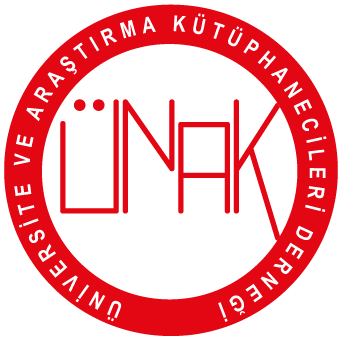Information Policy and Economics of Information: Productivity, Employment, Growth and Development
DOI:
https://doi.org/10.15612/BD.2006.395Keywords:
Knowledge policy, Knowledge economy, Information society, Productivity, Employment, Growth, Development-TurkeyAbstract
Knowledge-based economic approach becomes the main developmental leverage for the global economy. In this sense, increasing the productivity, the skill qualification of manpower, the national competitive advantages, and attaining sustainable development with stabilisation of growth rates depend upon the use of information and communication technologies within the realm of the targets of knowledge-based economic policies. Turkey has no other chance of fulfilling the requirements for the adequate transformation to the knowledge-based economic guidance. The formation of the information society is the primary requisite for the conduct of a knowledge-based economy, and this, in turn, implies an integration of social mechanisms, social policy and cultural environment into the new economic framework. Thus Turkey faces a difficult task to fulfil. Atpresent, there exist even risks of missing the chance to play an effective part in the global knowledge circulation. Developing a national knowledge policy requires joint efforts of the organisations of social life and the government, at the mutual platform of which issues will be discussed thoroughly. In that respect, the creation ofcommon national values depends upon the intensified global activities of the country in producing, processing, sharing and managing knowledge. A national knowledge policy would optimise the utility of gaining competitive advantages, stabilising economic growth and to make economic development of the country sustainable.
Downloads
Published
How to Cite
Issue
Section

This work is licensed under a Creative Commons Attribution 4.0 International License.






